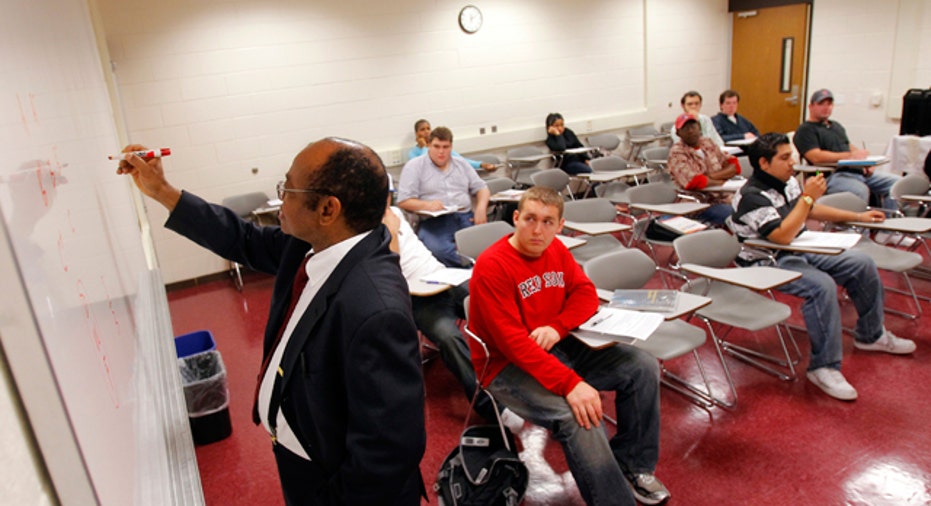GPA vs. SAT Scores: Which is More Important?

Students who think they’re going to slide by in high school with barely-passing grades, but nail the SATs to get into the college of their choice, better think twice.
The National Association for College Admission Counseling (NACAC) finds that there is virtually no difference in college graduation rates among students who did and did not submit standardized test scores. It’s a student’s high school GPA that can play a role in college success.
The NACAC recently released “Defining Promise: Optional Standardized Testing Policies in American College and University Admissions,” which analyzed colleges with “test optional admission policies,” meaning students don’t necessarily have to submit their SAT and ACT scores to apply.
Good grades in high school not only matter when applying to college, they’re also an indicator of a student’s performance in college. The report finds college and university cumulative GPAs closely track students’ high school grades, despite major variations in standardized test scores. If a student consistently does well throughout high school, that is a bigger gauge of their performance in college than comparative SAT and ACT scores, the NACAC reports.
The study looked at the potential outcomes of optional standardized testing policies in admissions offices at 33 public and private colleges and universities based on cumulative GPA and graduation rates of 123,000 students. In the past decade, hundreds of institutions have made admissions testing optional, and the NACAC claims the study is the first major published research to evaluate optional testing policies.
The report concludes the differences between submitters and non-submitters at graduation were “trivial” within .05 of a GPA point, and 0.6 of 1% percent in graduation rates.
Elizabeth Heaton, senior director at College Coach, says the debate over GPA vs. SAT scores in the application process will continue.
“People always predict there is predictive value in test scores, but it turns out students are graduating with similar GPAs [to their high-school GPAs],” Heaton says. “In many cases, students may not be submitting their SAT or ACT scores because they are not as good as their school grades.”
She advises students with low test scores weigh their option of going the test-optional route. But also know it may limit choice.
“High test scores and low high-school GPAs mean a student may have the aptitude and capability, but the higher GPA is just a better indicator of how they would fare in college,” she says.
That being said, the vast majority of colleges and universities still require students submit their test grades. Every year a handful of schools join the test-optional ranks, according to Heaton, but it’s unlikely this will become a nationwide trend anytime soon.
“People should be aware that there are options, and if you know your child has test scores aren’t close to what they are capable of in the classroom, they should look for schools that have test-optional policies,” she says. “But I don’t recommend that students not take standardized tests. It just narrows your options.”



















